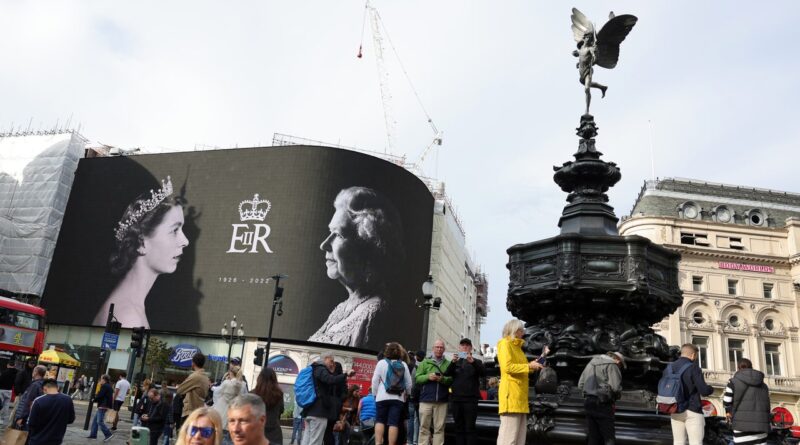Celebrating Queen Elizabeth II’s Death Isn’t Disrespectful, Colonialism Is
Earlier this summer, Muthoni Methenge, a Kenyan revolutionary fighter, used the Jubilee celebration to call for an explanation from the Queen herself as to why she still hasn’t been compensated after being tortured with axes by British troops. “Let her give me a just compensation. Because she is the ruler,” Methenge said in an interview with Deutsche Welle.
As philosopher and author of Elite Capture, Olufemi Taiwo, put it, “If the literal Queen of England is not responsible for her decisions or complicity with harmful structures, who is?”
The Queen’s role in reigning over the Commonwealth for seven decades shows its material impact on a regular basis. Her death showed the monarchy’s modern reach, as her son, King Charles III, ascends to the throne of the Commonwealth realms, comprised of 14 countries outside the United Kingdom, as pointed out by Al Jazeera. Some of these countries, like Jamaica, may use this shift as an opportunity to push to separate from the commonwealth. (Northern Ireland’s relationship to the rest of the United Kingdom will continue to roil as the specifics of Brexit are ironed out, with the specter of violence looming overhead.) Other former colonies are still struggling to get reparations from the state; for context, a 2017 estimate found the Royal Family is estimated to be worth $88 billion.
The responses are still coming, as those who survived imperial violence at the hands of Britain are forced to remind everyone we live amongst its spoils, and ruins. From Australia, indigenous academic Sandy O’Sullivan: “A reminder that the queen inserted herself into the lives of Indigenous people here multiple times. She wasn’t a bystander to the effects of colonisation and colonialism.” (Did you know Australia was founded as a penal colony, and many Irish were transported there, while the British were displacing the aboriginals of Australia?) Academics have spent years attempting to tally up the impact of British colonialism, from southern Africa to India, and conservative estimates of deaths still end up in the millions. It’s not a great look when a quick Google search pops out the headline “5 of the worst atrocities carried out by the British Empire.”
In honor of my people, I’ll end us where we started, back in Ireland, with the revolutionary James Connolly. In 1910, regarding the visit of then-King George V, he penned, “Monarchy is a survival of the tyranny imposed by the hand of greed and treachery upon the human race in the darkest and most ignorant days of our history… We will not blame him for the crimes of his ancestors if he relinquishes the royal rights of his ancestors; but as long as he claims their rights, by virtue of descent, then, by virtue of descent, he must shoulder the responsibility for their crimes.”
How can you disrespect something whose existence is disrespectful to you? But perhaps that framework wasn’t right in the first place. It was about celebration: That resistance will outlive colonialism and the British empire, just as we’ve been doing.





